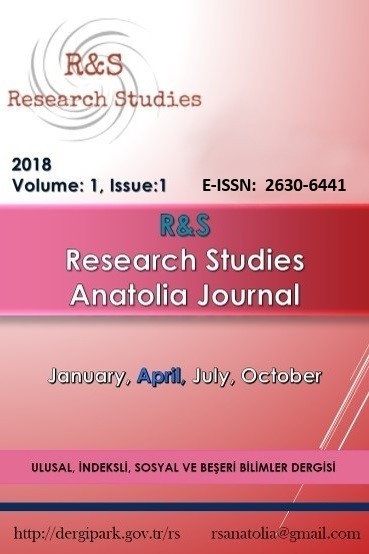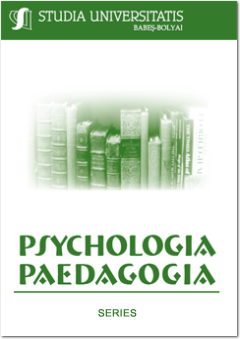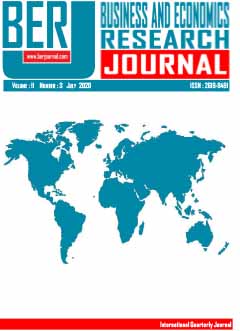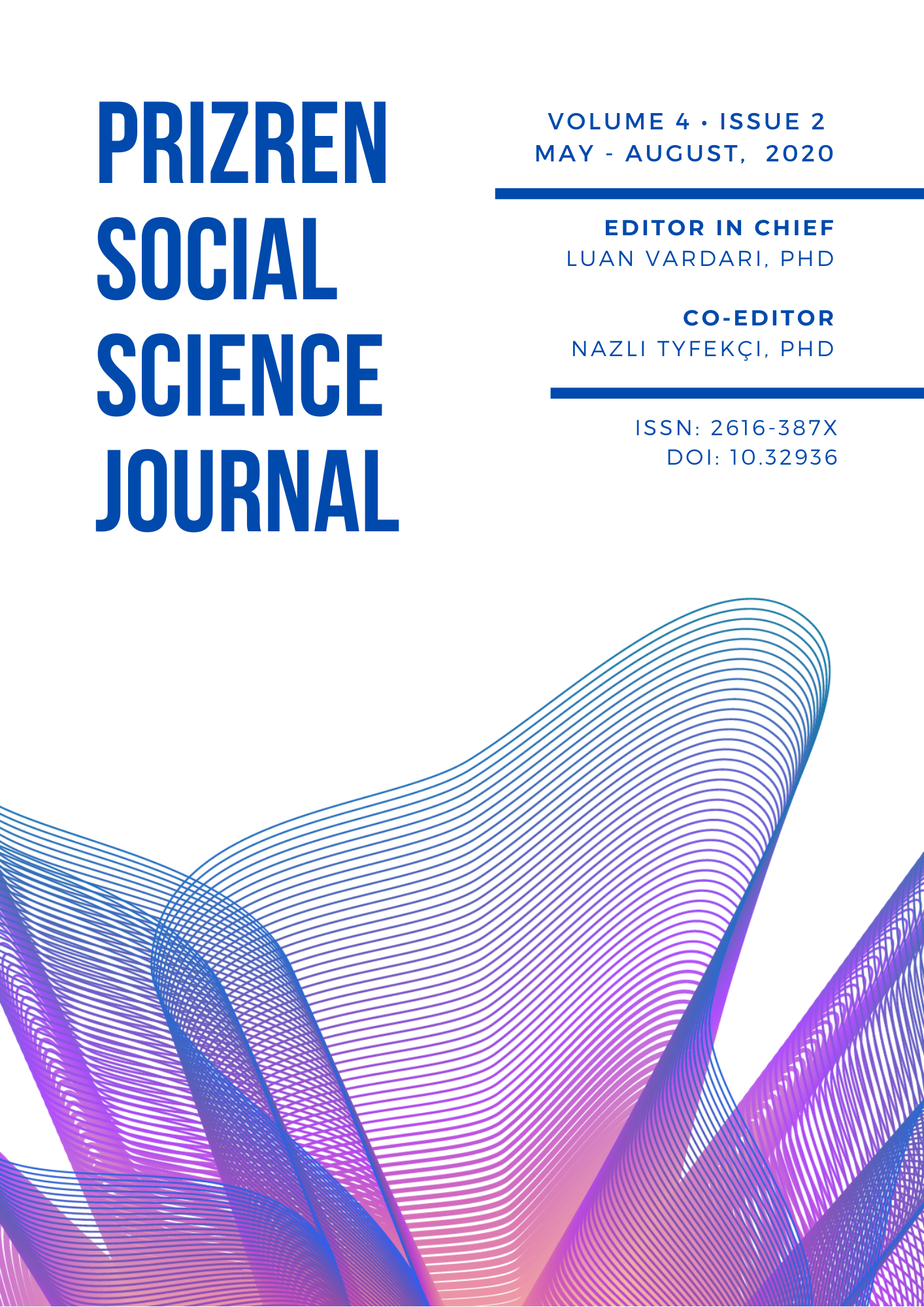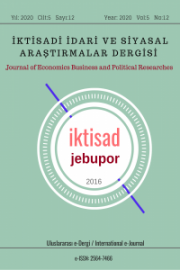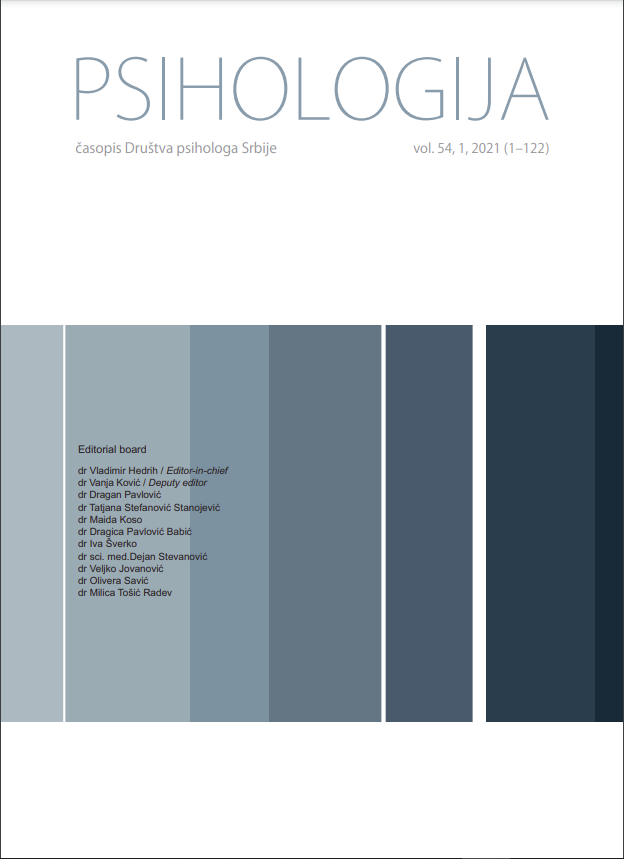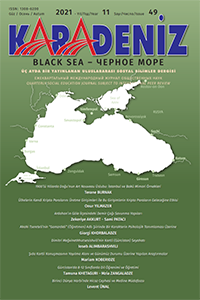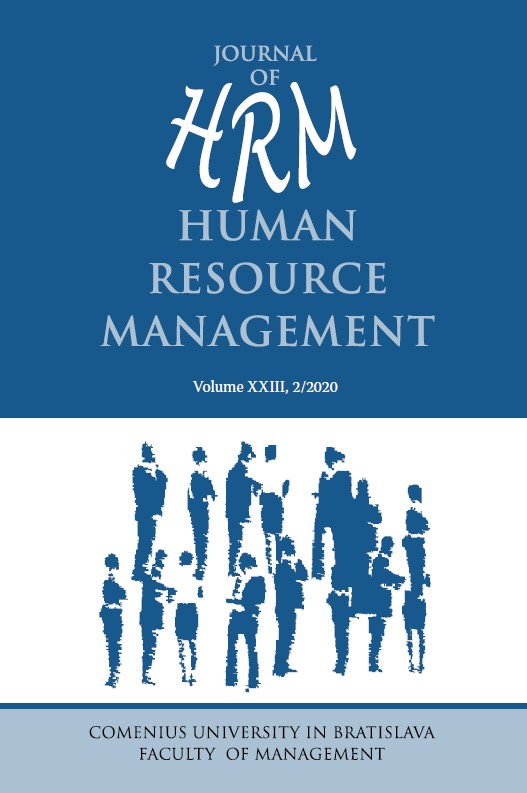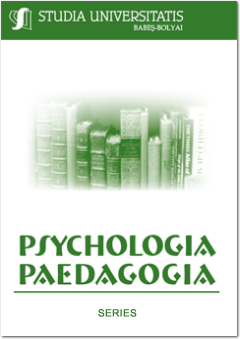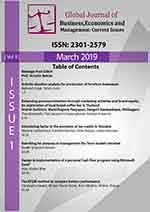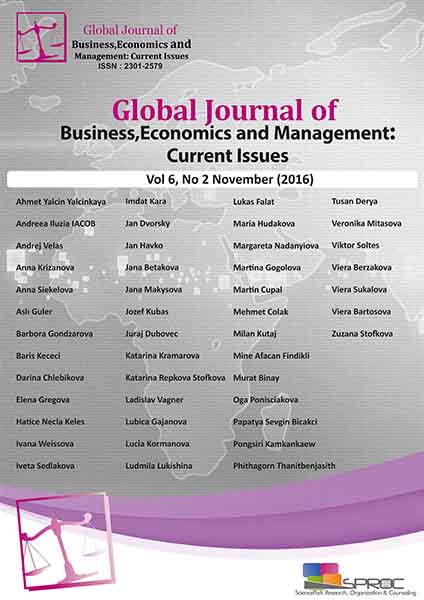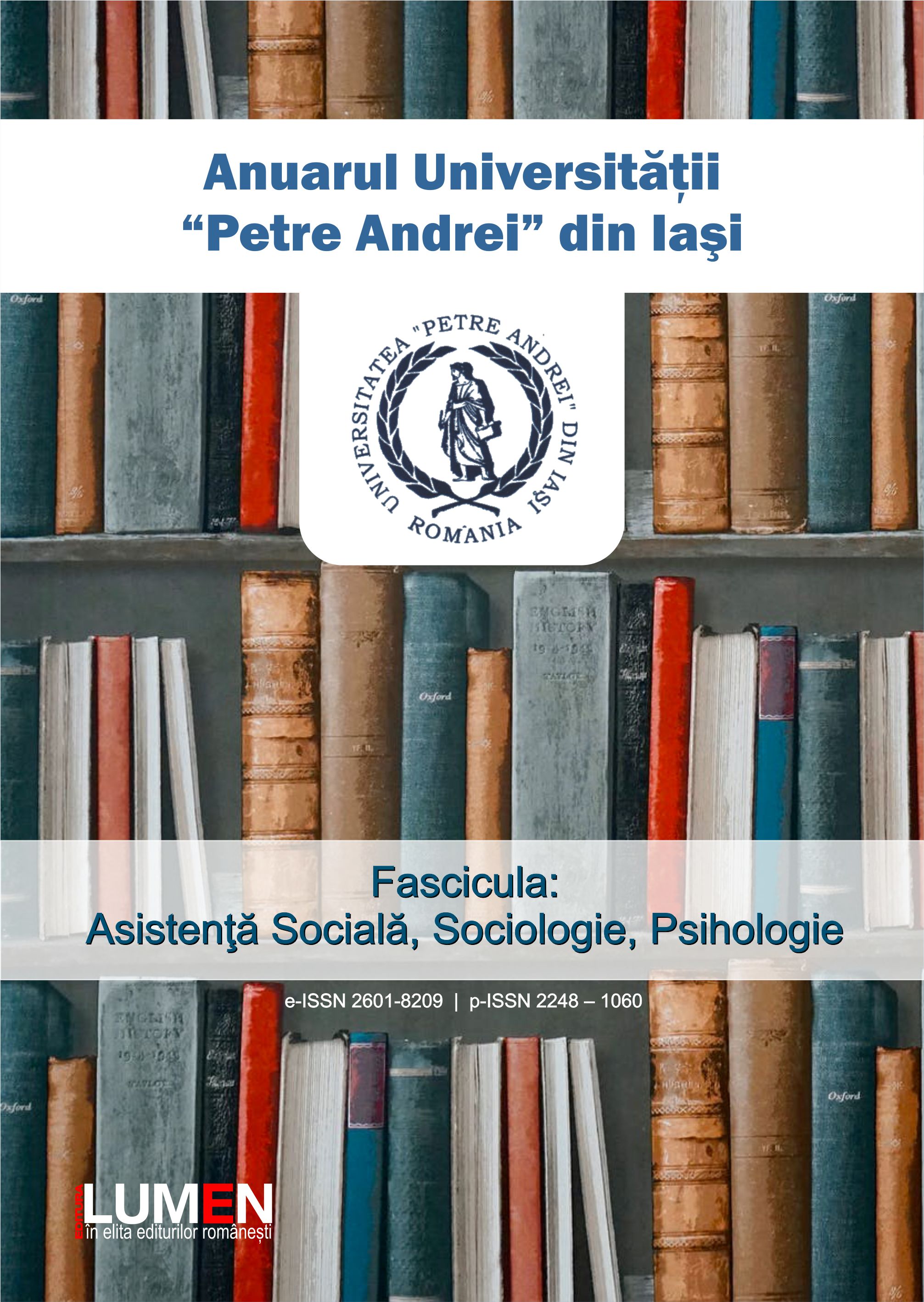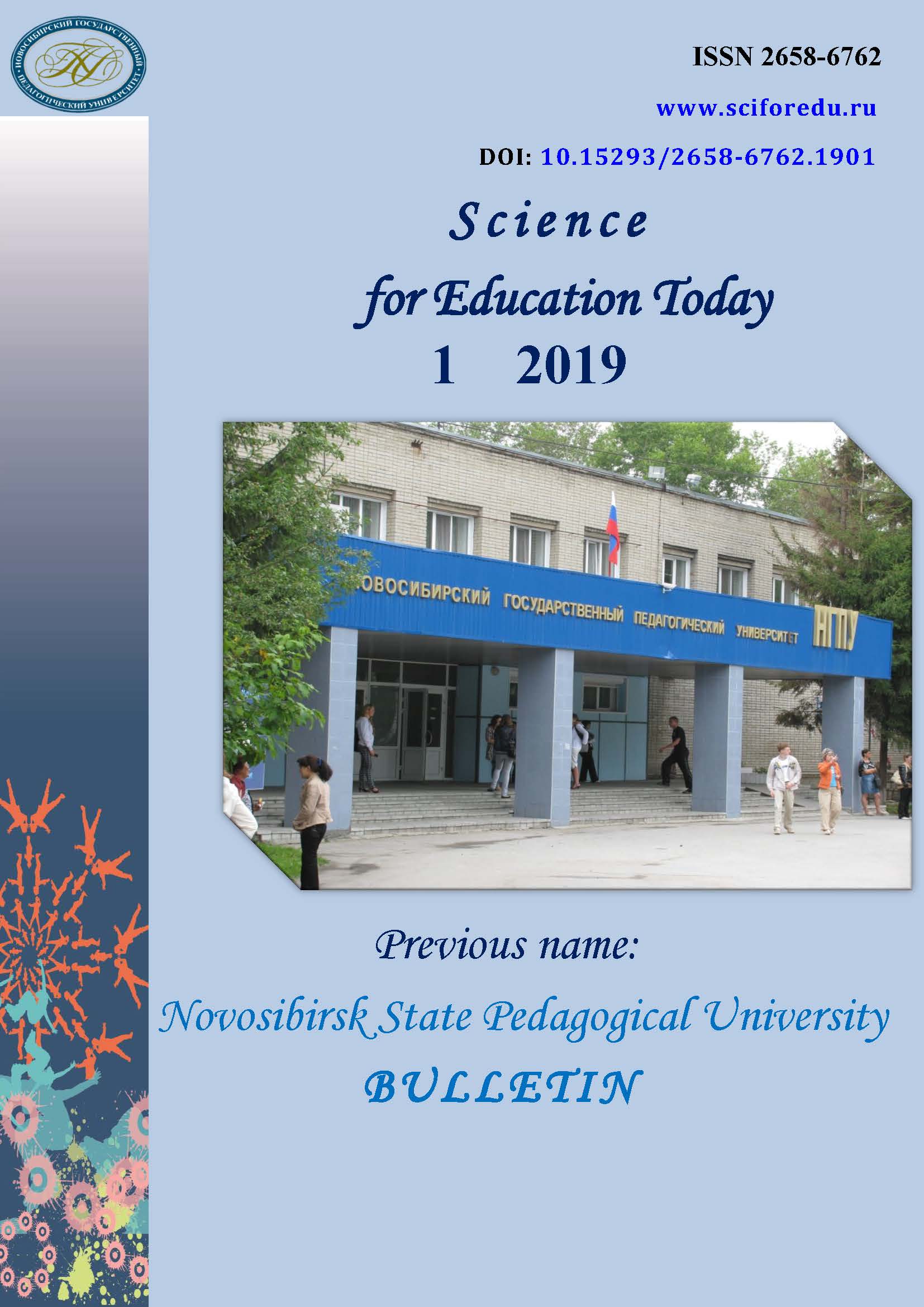
Психологическая медиакомпетентность родителей: основное содержание и структура
Introduction. The article is devoted to the problem of developing psychological media competence. The purpose of the research is to clarify the main content and structure of parents’ psychological media competence. Materials and Methods. The research methodology is based on the ideas of Russian psychologists about the role of the environment in the development of a child, in particular, on L.S. Vygotsky’s cultural- historical approach, which determines the environment as a source of children’s mental development. The main methods of this research are theoretical methods aimed at theoretical generalizations, identifying the nature and content of the phenomena under study. Results. The article defines the concept of “psychological media competence of a parent”. The authors clarify its role within the parental competence, taking into account the media-transformation of children’s social and cultural developmental environments. The study reveals the following components within the main characteristics of parental psychological media competence: informative characteristics (parental value-semantic self-determination, collaborative activities, and psychological literacy), procedural characteristics (psychological media experience, attitude to the media, reflexive actions), productive characteristics (understanding the media, compliance of this understanding with media standards, and the ability to transmit the experience of understanding the media). The model of psychological media competence of a parent is presented. The authors propose and clarify the following methods of studying parents’ psychological media competence: content analysis, semantic differential technique, method of unfinished situations, and media analysis. Conclusions. The authors summarize the main content of parents’ psychological media competence, highlight the structure of this phenomenon, and demonstrate methods of its studying.
More...
